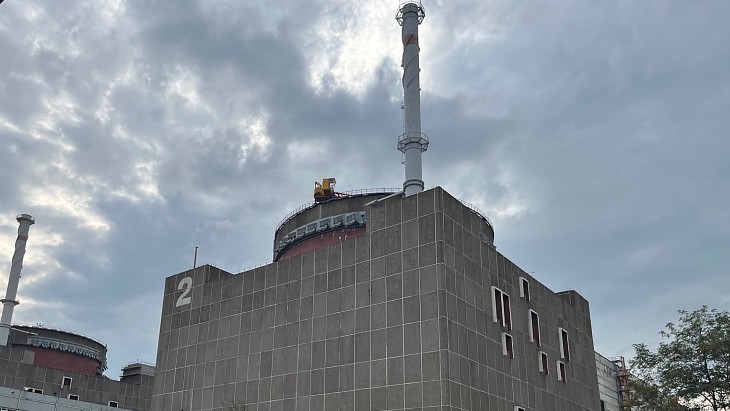The IAEA said that in the early morning of 28 September, a landmine exploded about 50 metres outside the perimeter fence of the plant, which is currently controlled by Russian forces.
It came after two blasts occurred the previous morning near a channel that carries water from a reservoir to the plant for its cooling system, which the IAEA noted broke some windows in the turbine hall of unit 2. These incidents caused no major damage, but underscored potential nuclear safety risks at the facility, the agency said.
Based on investigations by plant staff, the IAEA said it "learnt at the site" these were landmines and had probably been triggered by animals. The phrasing indicates the information was relayed by the IAEA staff member who has been stationed at Zaporizhzhia since Grossi's mission there at the start of this month. Ukrainian nuclear power plant operator Energoatom said there had been six cases where mines exploded after being triggered by wild boars, dogs or foxes.
Last week Grossi began talks with Russia and Ukraine aimed at agreeing and implementing a 'nuclear safety and security protection zone' at Zaporizhzhia.
This Monday, during the IAEA's General Conference, Grossi reiterated his intention to establish such a zone, while official statements by both Ukrainian and Russian representatives indicated their support. Grossi said he hoped to travel to both Ukraine and Russia to continue discussions.








_94566.jpeg)






